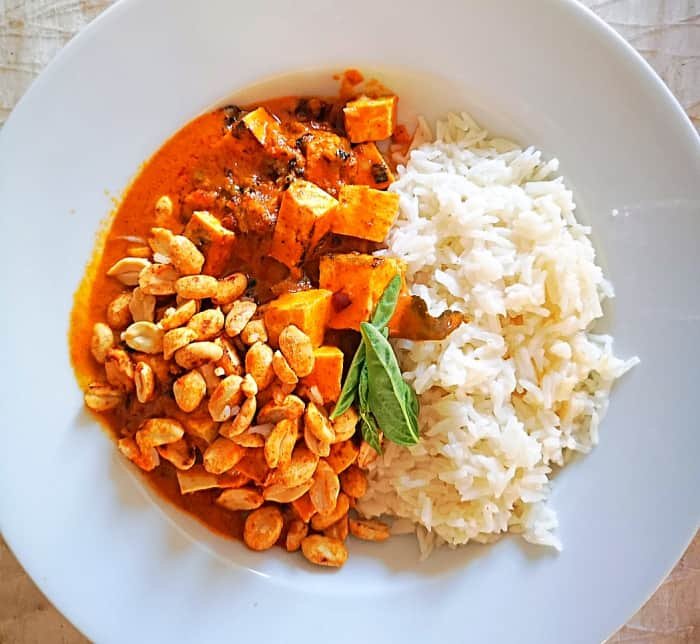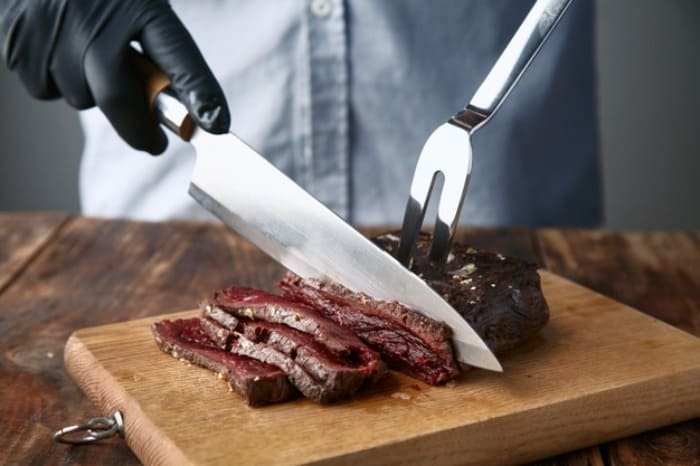Stroke or disorderSense of taste; Do you know anything about it?
The sense of taste is one of the five senses that allows us to detect food flavors. This sense plays a vital role in people’s enjoyment of eating.Food flavorsare detected through taste receptors on the upper surface of the tongue and perceived by brain cells. A disorder in the sense of taste causes individuals to be unable to properly identify food flavors, which is referred to as ataste strokein this section of health.SelMagzJoin us to discover the causes of taste disorders and whether traditional medicine offers solutions to improve this issue.
Causes and Reasons for Taste Stroke
Taste disorders and strokes have various causes, including:
Disruption of capillary blood supply to parts of the taste cells
Ceasing capillary blood flow to parts of the smell and taste cells leads to a stroke in these senses, and its permanent form is often not fully reversible, responding poorly to both traditional and modern treatments.
Excessive consumption of cold foods
Excessive intake of cold foods, especially by individuals with a cold temperament, disrupts sensory receptors. Long-term consumption of cold-natured foods increases the concentration of substances in the capillaries adjacent to sensory receptors. The coldness of these foods over time leads to the deposition of dense materials and increased capillary blockages, which often results instressor tension manifesting as a deficiency in the sense of smell or taste.

Increase in thick or phlegm-like substances
Increased thick or phlegm-like substances due to incompatibility of certain foods or medications in the blood vessels supplying the taste and smell cells leads to narrowing or blockage of these vessels, resulting in ineffective sensory receptors and subsequently shutting down the sensory cells on the tongue or inside the nose.
Head injuries andstroke
are other causes of dysfunction in the sense of smell; head injuries and certain types of strokes, particularly strokes, can temporarily or permanently disable part or all of the receptors in the tongue or nose.

Which individuals have a stronger sense of smell and taste?
According to traditional medicine, individuals with dry and thin temperaments generally have a stronger sense of smell and taste, but if the dryness is excessive, it will impair their senses. Wet and cold temperaments disrupt sensory perception; therefore, cold-tempered individuals typically have weaker senses of taste and smell. Warm-tempered individuals tend to have better abilities compared to cold-tempered ones.
To care for your sense of taste, avoid the following foods:
- Foods with dense textures
- Heavy foods likesausageandbolognaand…
- Cold foods such as beef and lamb meat,yogurtand salads, etc.
- Sticky foods such asstarch-basedfoods and…

How to take care of your sense of taste?
Avoid hot foods and drinks:
Consuming hot foods damages the taste buds on the tongue and disrupts flavor perception, so avoid hot foods and drinks.
Exercise regularly:
Exercise increases the sense of smell and enhances taste, so aim to exercise for at least half an hour each day to maintain good health and strengthen your sensory perception.

Drink 8 glasses of water daily:
Dehydration anddry mouthcan hinder your sense of taste and smell; adequate water intake helps you enjoy the flavors and aromas of foods. Therefore, drink at least 8 glasses of water throughout the day.
Avoid tobacco use:
Smokers have a significantly lower sense of smell and taste compared to non-smokers, so avoid tobacco products. The habit of smoking, using hookah, or consuming alcohol can disrupt sensory receptors.

Use a humidifier:
Dry air reduces taste and smell, affecting flavors and aromas of foods. If you live in a dry climate, using a humidifier is beneficial.
Consume zinc-rich foods:
Zinc deficiency leads to reduced taste sensation in many individuals, so ask your doctor about the effects of zinc deficiency, and if diagnosed, incorporate a zinc-rich diet.

Consume cold foods with their suitable remedies:
As previously mentioned, constant consumption of cold foods diminishes taste and smell senses. Regardless of your temperament, if you struggle with consuming cold foods, combine them with their suitable remedies. Eatingsumacandorange juicewith various meats can reduce their coldness and heaviness.
Avoid overeating:
Overeating or snacking throughout the day decreases the sense of taste. When you feel hungry, your smell and taste senses are heightened, so avoid excessive eating and take the time when you’re hungry to enjoy the full flavors and aromas of your food.
See a doctor:
Certain conditions likeallergiesand the use of some medications, genetic factors, or other medical issues may affect your sense of taste and smell. Therefore, consult a doctor if you experience a decrease in these sensations.

These foods strengthen your sense of smell and taste:
- Simple soups and broths made with goat meat, quail, chicken, and easily digestible meats.
- Herbal tealemon balmandherbal tea of borage flowers.
- Using various perfumes, especially musk androse flowers.
- Eating foods containingmustardand saffron.
- Consuming nuts likewalnutsand pistachios.
- Eating amla and hilling jam.







